‘Turgid and overly technical’ is how recent communications from the CAA to pilots are described by the All-Party Parliamentary Group on General Aviation.
The APPG-GA’s Lord Davies of Gower said, “Whilst we applaud the CAA’s quick response to the [Covid-19] crisis in making these much-needed exemptions, the way the information was distributed has been unhelpful. It is clear that many GA pilots were left confused by the official documents.
“In our opinion, if pilots are left unsure of what they can and cannot do, then the CAA has failed in its mission to promote safety.
“Members of the APPG are concerned that this is not the first time that the CAA has poorly communicated rule changes to the GA community. Our latest letter calls on the CAA to do better next time.”
This is the full text of the APPG-GA’s letter:
Communication of Covid-19 exemptions
Members of the All-Party Parliamentary Group on General Aviation have followed the CAA’s response to the recent national Covid-19 Coronavirus emergency with great interest. We would firstly like to congratulate the CAA for taking swift measures, which in our opinion seem to be both sensible and proportionate, to support General Aviation pilots during this difficult time.
However, we would like to bring to your attention some difficulties being experienced due to the way these measures have been communicated to the public. It is clear from the reaction to the release of the various exemptions that the text and style of these releases has not been suitable for the audience which the CAA is trying to reach.
For example, take ORS4 1354, ORS4 1370 and ORS4 1378, the most recent Covid-19 related exemptions. The text of these releases is complex, full of acronyms and regulatory language. The different clauses link to other paragraphs in the same document and to other areas of regulation, including European statutes, but no convenient links are provided to tie the documents together. Furthermore, the releases were made separately, in isolation from each other, but they all contained quite similar sounding exemptions. This approach has caused great confusion amongst General Aviation pilots.
Our concern is that confusion over these regulations causes a clear safety issue as some pilots remain unsure over what they should be doing and in which conditions they can fly. The use of turgid and overly technical releases to communicate this information has been clearly detrimental to the objectives which their content is seeking to achieve.
Whilst this technical language may be second nature to the professional experts within the CAA, it is not to the majority of General Aviation pilots. This should not be considered a failing on their part, it is just a fact of life that many pilots do not use the same jargon and nor should they have to. The CAA must be more diligent in producing content which can be more easily consumed and digested by this community.
Regrettably, this is not a new problem and the APPG has raised the issue of poor communication with the CAA’s General Aviation Unit before. To their credit, they agreed there was a problem and stated their
intention to improve. Yet, the current crisis has highlighted how the CAA is still getting it wrong when it comes to engaging with General Aviation stakeholders.
The regulator should not be leaving it to GA associations to decipher its releases for their members. It should instead be seeking to be understandable and engaging if it wants to fulfil its mandate to keep aviation safe at all levels.
As an APPG, we would like to hear what measures the CAA will be taking to ensure that in future, its regulations are made more accessible to the General Aviation community.
All-Party Parliamentary Group on General Aviation
Top photo: Jon Tyson/Unsplash



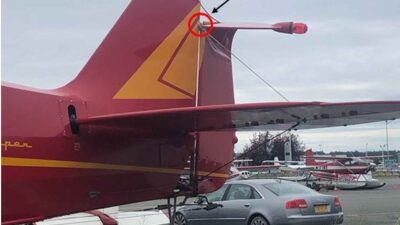
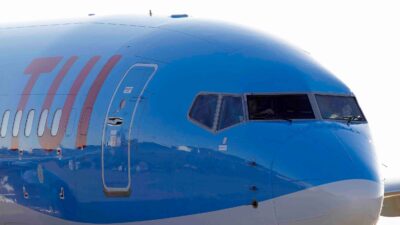


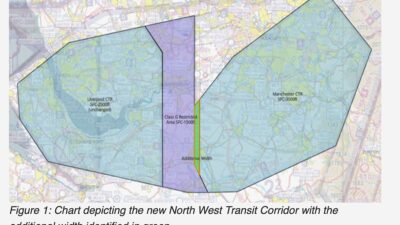
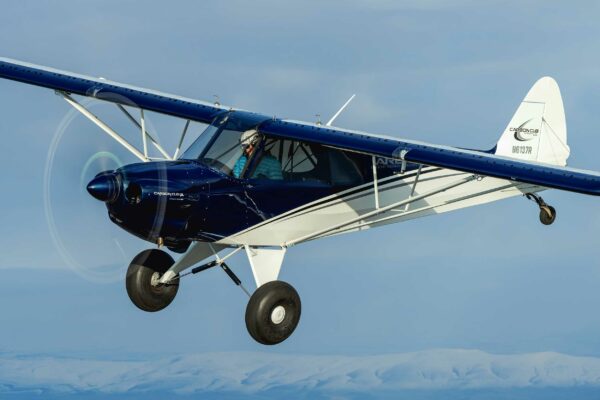



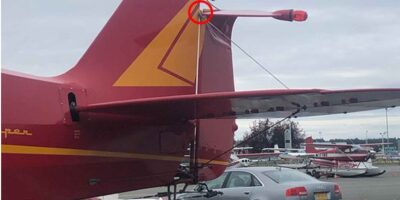
1 comment
The CAA should commission a GA Journalist to write press releases intended for a GA readership, and give him/her the final say in clearing the language and structure for publication.